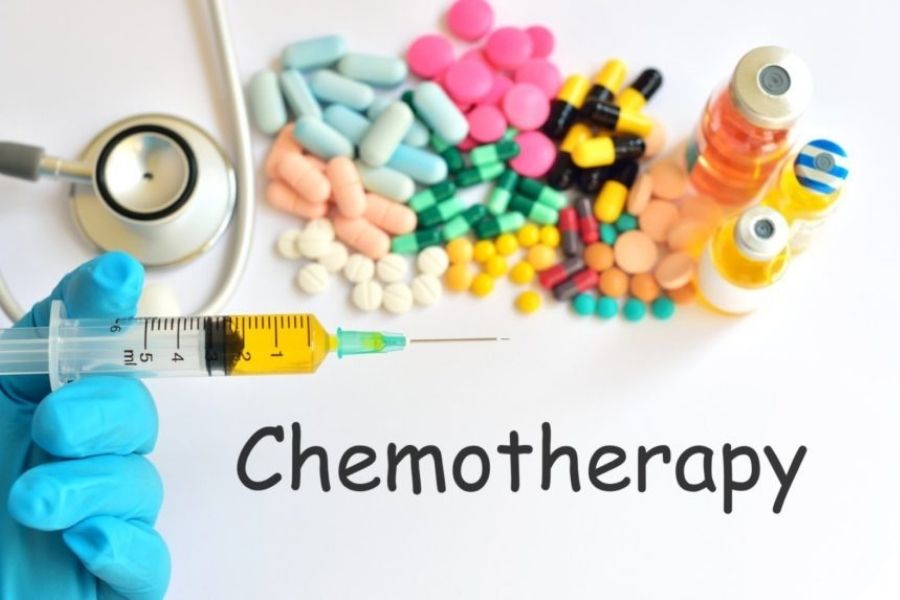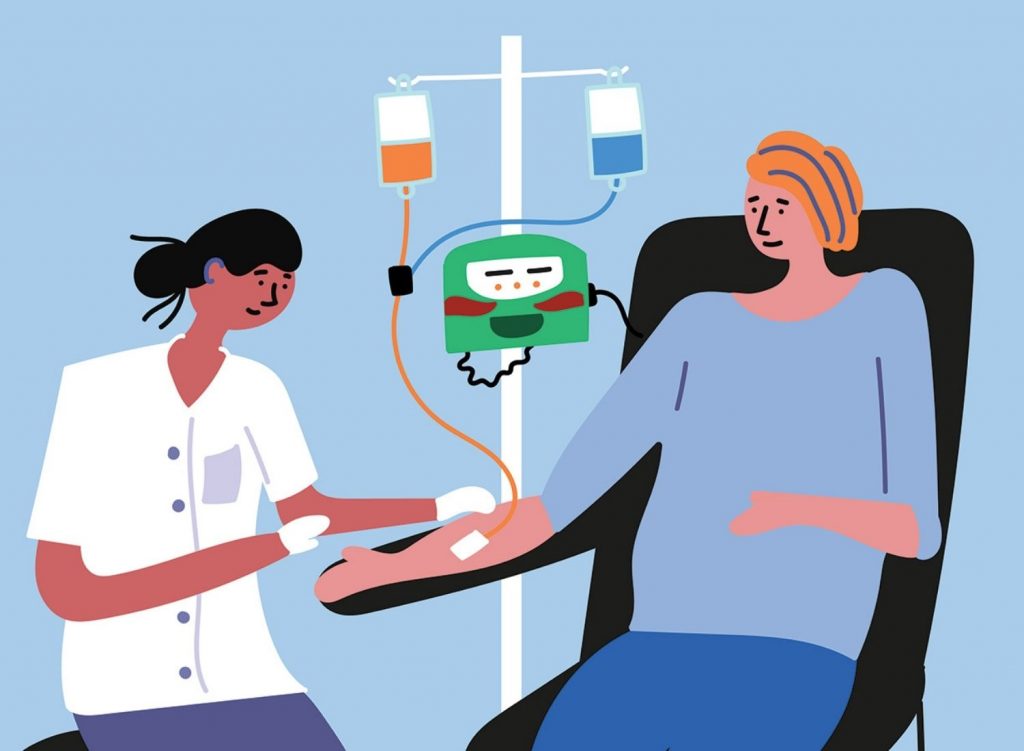Chemotherapy for cancer is a medication treatment that utilizes ground-breaking synthetics to kill quickly developing cells in your body. Chemotherapy is regularly used to treat cancer as the cancerous cells develop and increase considerably more rapidly than most body cells. Chemotherapy is used for people who have cancer and to destroy these cancerous cells. There are several settings in which chemotherapy for cancer is used for people.
The Need For Chemotherapy

- Chemotherapy is used as the primary or sole cancer treatment to cure cancer without any other therapies.
- After other therapies, chemotherapy can be used after surgery to destroy any cancer cells lingering in the body. Doctors call it adjuvant treatment.
- Chemotherapy is used to prepare for other therapies. Chemotherapy can reduce the tumor before other therapies, such as radiation and surgery, are available. Doctors are naming this neo-adjuvant treatment.
- Chemotherapy can help to alleviate the signs and symptoms of cancer by killing some cancer cells. Doctors call it palliative chemotherapy.
- Chemotherapy is used to treat diseases other than cancer.
Chemotherapy For Treating Other Disorders
- Bone marrow disorder: Bone marrow transplantation can treat the diseases affecting the bone marrow and blood cells. It is also known as stem cell transplantation. Chemotherapy is also used to prepare for bone marrow transplantation.
- Disorders of the immune system: Lower doses of chemotherapy drugs can help regulate the overactive immune system in some diseases, such as lupus and rheumatoid arthritis.
Chemotherapy Drugs

Your doctor will select which chemotherapy drugs you will receive based on a variety of factors. Talk to your doctor about your care choices. You can determine what’s best for you together.
- Cancer type
- Cancer stage
- Previous cancer history
- Your priorities
Chemotherapy drugs can affect any internal organs, but the following are the most vulnerable. Drugs used in chemotherapy have other side effects too.
- Gastrointestinal tract
- Hair follicles
- Bone marrow
- Reproductive system
Methods Used In Chemotherapy For Cancer

The medications used in chemotherapy for cancer can be administered in many ways, including:
- Infusions of chemotherapy: Chemotherapy is most commonly offered as a vein infusion. Drugs are given by inserting a needle tube into a vein in your arm or into a vein device in your chest.
- Chemotherapy pill: Some chemotherapy medications may be taken in the form of a pill or capsule. Nowadays, many cancer patients receive oral chemotherapy as treatment.
- Chemotherapy injections: Chemotherapy medications can be injected with a needle, just like you might have got a shot.
- Chemotherapy cream: Chemotherapy-containing creams or gels may be applied to the skin to treat skin cancer. It is also called topical chemotherapy. 5-fluorouracil (5FU) is the standard drug used in this treatment.
- For the treatment of one area of the body: Chemotherapy medications may be delivered directly to one part of the body. For example, chemotherapy medications may be administered directly in the abdomen, chest cavity, or central nervous system. Chemotherapy can also be given to the bladder via the urethra.
- Given directly to cancer: Chemotherapy can be directly given to cancer after or during an operation. For example, thin disk-shaped wafers containing chemotherapy drugs can be positioned near a tumor during surgery. Over time, the wafers break down, releasing chemotherapy drugs. Chemotherapy drugs can also be given intravenously that affects specifically the tumor.
How Often You Need To Undergo Chemotherapy?

The doctor will decide how frequently you need to undergo chemotherapy treatment, depending on the medications you will receive, the characteristics of cancer you have, and how well your body will heal from each treatment.
The schedule of chemotherapy treatments varies. Chemotherapy can be continuous or can vary between treatment times and rest periods to allow you to heal. When you receive your chemotherapy medication it depends on your case.
Chemotherapy treatments can be offered as follows:
- The outpatient chemotherapy unit
- At the doctor’s office
- At the hospital
- At home taking chemotherapy pills
At last, no matter what complications the chemo induces, you should take action to improve the quality of life through medication.
Read Also: 5 Healthy Foods For Cancer One Should Eat







